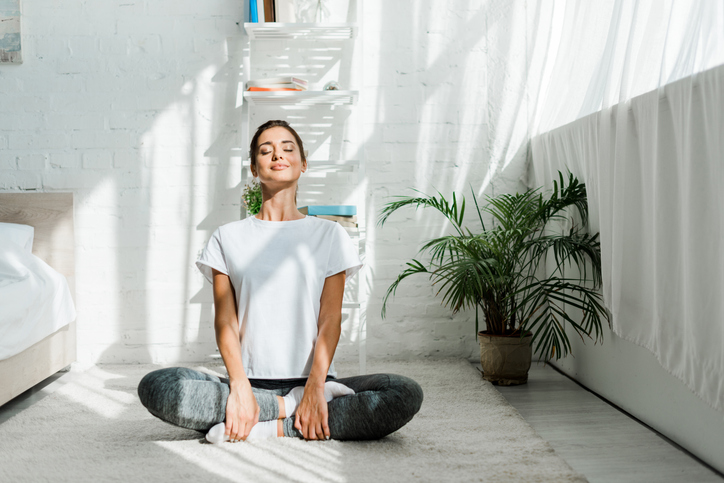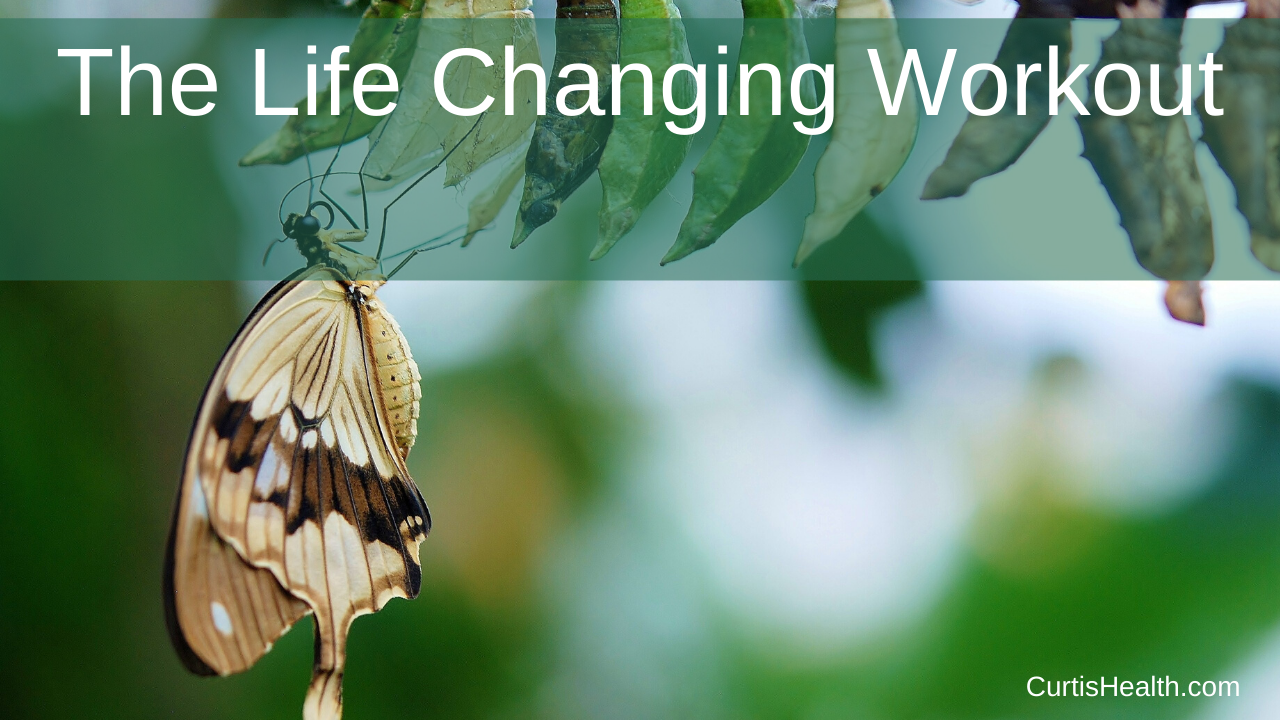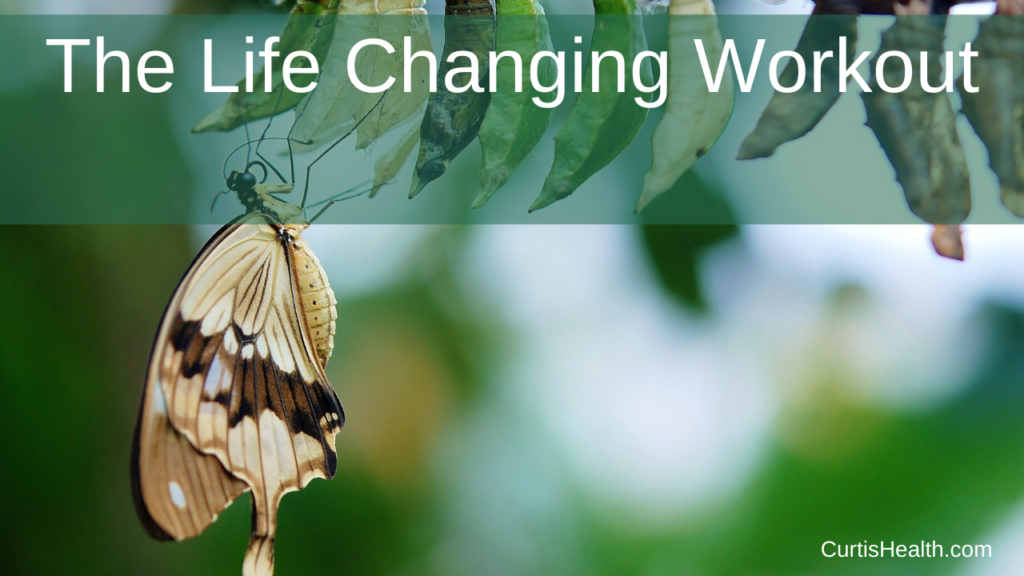
Archive for Mind/Body Wellness – Page 2
A nutritious diet and plenty of exercise can undoubtedly promote good health, but what about the daily habits you practice at home? From your everyday routine to getting the proper sleep, there are several things you can do to promote and enjoy a healthy lifestyle. It’s said that good habits begin at home, and this is absolutely true whether it relates to your career, your relationships, or your physical health. Read on to discover some things you can do to start practicing smarter, healthier habits while at home.
It seems lately, I hear many adults complaining about their lack of sleep. They tell me it is hard for them to fall asleep and that they do not get many quality hours. My first question I always ask is how much physical activity do you get per day? Our bodies were meant to move and I truly believe the more you move the better you will sleep.
Here are my top 10 tips for getting good night’s sleep.
With the start of the school year, like many others, you are probably feeling some different emotions as your children return to the classroom. As a mother, I will put my hand up first to say, I have a lot of mixed emotions and quite a few questions. And as a health and fitness professional, the questions that first come to my mind are: Read More→
When thinking about exercise we may visualize movement, exerting energy, and possibly sweating. But have you ever considered breathing exercises and its positive affects? In this current environment feelings of uncertainty, stress, and anxiety are overwhelming. Read More→
In a world where most of us are in the same spot, feeling the same, wondering when this will all end, questioning how it will affect each one of us, we have a choice. Many of us are at home. Some of us were not given a choice. Others chose to remain at home. Whatever the circumstance, we do not need to sit at home feeling down and gloomy. Today we have the choice to get up, move, smile, eat, be thankful, or wave from a safe distance to the neighbor alone in their home. We can still wake up and make the most of each day.
No matter what is going on around, we can choose to exercise. And if we choose, we must be intentional. I recommend that tonight, before bed, you lay out your clothes and set the alarm so that your workout can be one of the first things you do the next day. You don’t need a gym to move. You can still go outdoors, find a space in your home, or use the patio or the balcony. You can choose to keep moving.
How is your mental wellbeing? Are you stuck to the computer reading every news update, story, statistic, etcetera? If you are feeling down then limit your screen time. Find ways to fill your head with happiness instead. Call a family member or friend, read a book, listen to classical music, or do yoga.
Sleep is another important part of your life and another choice you control, so how much sleep are you getting? If you are an adult, 7 to 8 hours is recommended. Ensure that you are getting adequate hours of rest. Your sleep will energize you for the next day. It will help you wake up feeling rejuvenated, which can then encourage you to choose joy. Did you know that if you move each day and fill your head with positive information and thoughts you will probably have a better night’s sleep?
Most of us want to feel happy, but that is a choice each of us must make. I hope that today, surrounded by uncertainty, you will wake up with joy in your heart, that you will choose to smile, to find laughter, to move daily, and to make the most out of every moment and heartbeat you have been given.
***************
by MaryAnna Robbins
Improving your health isn’t always about doctor’s visits or prescriptions.
Changing your outlook on life can sometimes work just as well as any medicine. Having a hobby can help you pursue things that enrich, de-stress and otherwise keep you active in your free time. This is important for anyone wanting to improve their well-being, no matter how busy or how bored they are. For a lot of people, the problem is finding a hobby that works for them, so with that said, here are five hobbies that can improve your health and well-being.
Image Source: Unsplash
1. Arts & Crafts
The idea of art therapy has become a very popular phenomenon. Nothing is more beneficial in your free time than creating art. Not only does art provide creative stimulation, it can also be therapeutic for stress and anxiety. In addition, there are no barriers to pursuing art because there are so many varieties of it, whether it’s coloring, pottery, knitting, or digital, whatever strikes your fancy. Investing your time into art not only makes you productive, but it also provides distractions from the pressures of modern living.
2. Dancing
While the prospect could be daunting to some people, dancing does wonders for both your physical and mental well-being. Taking classes in any dance form from ballet to Zumba can help you burn calories and it makes you good. Most forms of dance involve exercising your cardiovascular and muscular systems to boost health. The social contact gained from dancing can also be important as it can lead to finding a new community, building new friendships and sometimes even more.
3. Gardening
Gardening can be thought of as hard work, and for some people hard work can be its own form of relief. Gardening can be scaled to the size you want. Small indoor gardens with potted plants and succulents are just as viable as veggie plots or flower beds. You may have a small area that requires working vertically or a large section that you plan to corner off with a shed or refurbished outhouse. Creativity in how you might plan your garden contributes to the restorative benefits of gardening. Making a project out of gardening can make you feel productive and active, and this is good for your mental well-being.
Image Source: Unsplash
4. Writing
As a passive activity, writing can provide excellent stimulation for the mind. It doesn’t matter what sort of writing you’re interested in; it can be beneficial just to practice it. Journals, poetry and creative writing are popular forms of the hobby, but there are plenty of health benefits in other forms of writing as well. Writing letters, blogs, essays and articles can help the writer express pent up energy or anxiety. Practicing writing as a hobby comes with the benefit of improving your writing skills, which may help you with future opportunities.
5. Natural Walks
In Japan there is a term known as ‘forest bathing.’ It’s based around the idea that simply being present in nature can provide meditative and therapeutic effects. While not a magical remedy of any sort, taking walks through nature does have calming effects on the mind along with physical benefits. If you’re feeling cooped up or under the weather, find a local walking track and spend an hour or so just enjoying the outdoors. It doesn’t cost anything besides your time.
It’s important to balance work with play, so you never feel burnt out. If you’re feeling like your health and well-being aren’t as they should be, consider engaging in some of the hobbies in this article and see how they could improve your life. Hobbies are essential to your well-being because they keep your mind engaged, relaxed and in control.
*******************
Author bio:
Harper Reid is a creative writer based in Auckland, New Zealand. She loves baking, reading novels, and learning fun things – like DIY projects or a new language! Find out more by visiting her blog right here.
Exercise
Go for a run, take a bike ride, create a backyard circuit, climb the stairs, or do some yoga. Stuck indoors? Then live stream an exercise class. If you do not have weights, use your body weight to continue building strength. Read More→
The Life Changing Workout is a program that is guaranteed to improve body composition, alleviate mood, boost energy, promote better sleep, improve sex, and combat health conditions and diseases. Would you like to know what this workout is? The Life Changing Workout is any physical activity that you can do consistently, not only for a week or for the month, but regularly over the long term. Read More→
Sleep is a vital component of fitness.
Sleep gives the body time to recover after training, allowing time for the muscles to repair themselves. During sleep, the body also produces more growth hormone than during the day, a hormone that diminishes with age. According to the American Academy of Sleep Medicine (Journal of Clinical Sleep Medicine 2016; 12(6)L:785-786), an adult needs at least seven hours of sleep every night.
To encourage quality sleep, limit your exposure to technology prior to retiring to bed. The screens of cell phones, tablets, computers, and televisions emit blue light that hampers melatonin, the hormone responsible for controlling your sleep cycle. Without enough melatonin, you experience insomnia during the evening and tiredness during the day. In addition, the blue light emitted from screens mimics daylight, and plays havoc with your Circadian rhythm, the internal body clock that tunes your body to healthy sleep patterns. The solution, try to avoid electronic screens at least one hour prior to bedtime.
Cell phones and tablets pose an additional problem at bedtime by stimulating the brain. Scrolling through Facebook or Instagram, or answering text and emails engages the brain, the last thing you need before falling asleep. Even after logging off, your mind continues to be logged on, mulling through the myriad of posts and messages you have perused. Again, move the cellphone and the tablet away from the bed.
Seeing something that may trigger a strong emotional response can postpone falling asleep and delay REM (rapid eye movement) sleep. Even if you cannot avoid blue light emitting screens, avoid social media before bedtime. Create a relaxed and pleasant environment prior to retiring.
Two tips to limiting screen time prior to bed:
1. Establish a bedtime routine that encourages relaxation. Avoid activities that encourage anxiety
or extreme emotions.
2. Put your cell phone and your tablet in another room. Use an alarm clock or a clock radio to
wake up in the morning. Even a smart home device like Google Assistant or Alexa can be used
to replace the bedside cell phone; set the smart home device outside the bedroom, but within
earshot.
While technology may keep us connected and more efficient during the day, avoiding it during the evening hours is essential in establishing good sleep patterns. Use technology wisely.
by Hugh Mitchell
Categories
- Avoiding Illness
- Corporate Wellness
- Curtis Health Team
- Fitness Centre
- Fitness Facility Management
- General
- Getting Outdoors
- Gym Hygiene
- Health & Wellness
- Men's Health
- Mental Health
- Mind/Body Wellness
- Mindset
- Miscellaneous
- Nutrition and Exercise
- Recipes
- Setting Goals
- Uncategorized
- Women's Health
- Workplace Wellness
Home | About Us | Meet the Team | How Can We Help? | Careers | Employers | Property Managers | Individuals | Contact Us | Privacy Policy
Copyright © 2024 Curtis Health
Head Office: 1098 Canyon BLVD, North Vancouver, BC V7R 2K4 Telephone: 604.921.2348
Kintec is offering all Curtis clients (including friends and family) expert shoe fitting to best suit your needs at a 15% discount on regular price footwear.



















